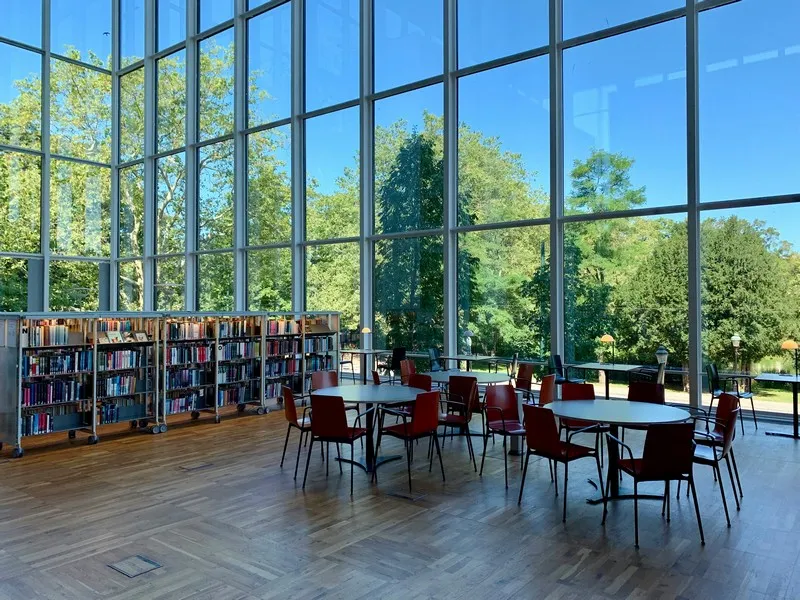In the field of sociology, secondary modern schools are an important topic to understand the educational system and its impact on society. In this article, we will outline and explain what secondary modern schools are, their historical context, and their role in shaping educational opportunities and social mobility.
Definition and Purpose
Secondary modern schools were a type of secondary education institution that emerged in the United Kingdom after the passing of the Education Act of 1944, also known as the Butler Act. These schools were created to provide education for children who did not pass the 11+ examination, which determined entry into grammar schools.
The purpose of secondary modern schools was to offer a more practical and vocational education to students who were not academically inclined or did not meet the criteria for grammar school admission. The curriculum in secondary modern schools focused on subjects such as technical skills, manual labor, and preparation for employment.
Historical Context
The establishment of secondary modern schools was a response to the need for a more inclusive education system in post-war Britain. The Education Act of 1944 aimed to provide equal educational opportunities for all children, regardless of their social background or academic ability.
Prior to the introduction of secondary modern schools, the education system in the UK was largely divided into two streams: grammar schools for academically inclined students and secondary schools for those who were not selected for grammar school. This division was seen as perpetuating social inequalities and limiting opportunities for students from working-class backgrounds.
The introduction of secondary modern schools was intended to address these issues by offering a different educational pathway for students who did not qualify for grammar schools. However, the existence of these schools also led to concerns about the potential for educational segregation and the reinforcement of class divisions.
Features and Criticisms
Secondary modern schools had several distinctive features that set them apart from grammar schools. These included:
- Emphasis on practical and vocational subjects
- Less focus on academic subjects like Latin and Greek
- Preparation for entry into the workforce
- Less emphasis on higher education and university entrance
While secondary modern schools aimed to provide a more tailored education for students, they faced criticism for perpetuating social inequalities. The system was often seen as a way of labeling and segregating students based on their perceived academic ability, limiting their future prospects.
Furthermore, there were concerns about the quality of education provided in secondary modern schools compared to grammar schools. Critics argued that the curriculum in these schools was limited and did not adequately prepare students for further education or higher-skilled employment.
Legacy and Reforms
Over time, the shortcomings of the secondary modern school system became apparent, and efforts were made to address these issues. In the 1960s and 1970s, comprehensive education reforms were introduced, aiming to create a more inclusive and equitable education system.
The comprehensive education system aimed to replace the tripartite system of grammar, secondary modern, and technical schools with non-selective schools that catered to students of all abilities. This reform aimed to reduce educational segregation and provide equal opportunities for all students.
Today, the legacy of secondary modern schools can still be seen in the educational landscape of the UK. While the specific term “secondary modern” is no longer in use, the concept of providing different educational pathways for students of varying abilities remains an important aspect of the education system.
Conclusion
Secondary modern schools played a significant role in the development of the UK’s education system. They were established to provide an alternative educational pathway for students who did not qualify for grammar schools. However, they also faced criticism for perpetuating social inequalities and limiting opportunities for certain students. The reforms introduced in the following decades aimed to address these issues and create a more inclusive education system.
Understanding the history and impact of secondary modern schools is crucial for sociologists and educators alike, as it sheds light on the complex relationship between education, social mobility, and social inequality.





